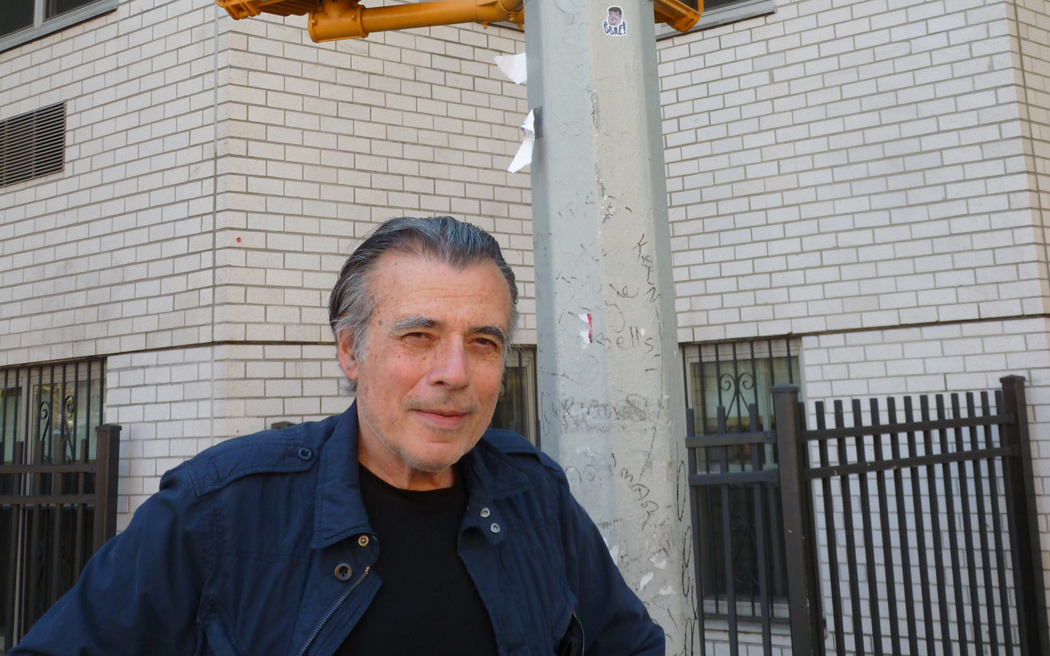- Event
- Reading
Arthur Miller: "Colliding Worlds: How Cutting-Edge Science is Redefining Contemporary Art“
Wed, November 26, 2014 6:00 pm CET
- Location
- Lecture Hall
In his book »Colliding Worlds: How Cutting-Edge Science is Redefining Contemporary Art« (W.W. Norton) Arthur Miller tells the story of how art, science and technology are fusing in the 21st century.
There is a quiet revolution going on in the world of art, a new avant-garde pushing the boundaries farther than ever before. These are artists who work together with scientists to make extraordinary creations that may well change the world as we know it. From designer butterflies to plastic surgery as performance theatre, from rabbits that glow in the dark to seeing sound and sculpting data - in my talk I will introduce this brave new world.
What are some of the many sorts of art that spring from the interplay between art and science? How did this interaction begin and where is it going in the 21st century? How are concepts such as art and aesthetics being redefined? Are there similarities between the creative processes of artists and scientists and if so, what? These are some of the questions I will explore while looking into the exciting new art movement which I call artsci.
Arthur I. Miller
is fascinated by the nature of creative thinking - in art on the one hand and science on the other. What are the similarities, what are the differences? He has published many critically acclaimed books, including »Einstein«, »Picasso«, »Empire of the Stars« and »137«, and writes for the »Guardian« and »The New York Times«. An experienced broadcaster and lecturer, he has curated exhibitions on art/science and writes engagingly about complex social and intellectual dramas, weaving the personal with the scientific to produce thoroughly-researched works that read like novels. He is professor emeritus of history and philosophy of science at University College London.
For his book »Colliding Worlds« he interviewed leading figures in the world of contemporary science-influenced art and has spent time and lectured at CERN, the MIT Media Lab, Le Laboratoire, the School of Visual Arts and Ars Electronica. In 2013 he was a juror for the Prix Ars Electronica for Hybrid Art.
